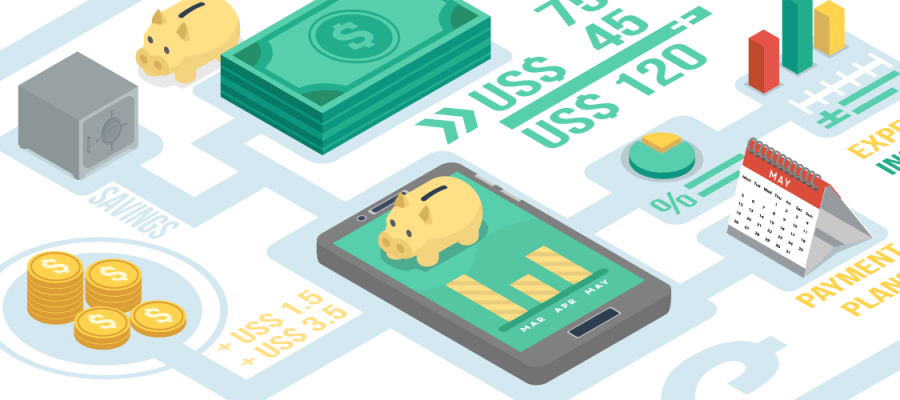The New Economy is transforming the global employment market. The old workplace is rapidly disappearing as more cost effective jobs and more efficient technology replaces it. It’s unlikely the next generation will even need to commute, let alone work in an office or factory. New Economy jobs are multifaceted, and often multidisciplinary. You can work in multiple jobs, have multiple incomes, and even have multifaceted career tracks. Business and vocational training is critical in this new environment.
The New Economy skills models
Multi skilling has given people a large range of portable and highly adaptable skill sets which can work in several jobs.
This is a typical New Economy business scenario:
Person A works in several different roles:
- Two online businesses selling goods
- Contract accountant outsourcing for local businesses
- Business advisory service for small business
- Financial services and investment agent for local area
Technology has made this type of business model extremely cost effective for both Person A and his clients.
Training in The New Economy business model works on the basis of skill sets in relation to productivity. In this example, the skills training for all these types of work is:
- Business management
- Accountancy
- Financial services
Three basic skill sets provide all that’s required to operate five profitable businesses. Person A effectively has five income streams. The training is paying for itself in multiples of its cost, and even the cost was tax deductible.
Training to taste, or how to design your own career options
You can design a combination of skill sets which can be used in multiple roles.
Some types of training are universally useful in any career combination:
- Business management courses
- Accountancy training
- Commerce
- Information technology
- Marketing
You’ll discover that there’s a strong demand from the job market and contractors for these combinations of skills as part of multi-skilled roles. For management roles, you’ll find that they’re essential, and the more skills you have in these areas, the better your career options and job opportunities.
Multifaceted training- Integrating your training and career
On the job market, multifaceted training equates to a combination of training, qualifications and experience. If you train in your field while working in it, your training and work will combine into intensive training. It’s very like an internship, and helps to create strong skill sets.
The New Economy at work- Top qualifications and top pay
The big emphasis on productivity in the New Economy has produced a very receptive response in the employment market. Employers are seeing the cash benefits of a multi talented highly trained workforce, and they’re prepared to pay for it.
The change in job and career dynamics is historically unparalleled. Never before has the workforce had so many choices or so many opportunities for self- advancement.Training combined with multiple career and business options will change the world forever, much for the better.


